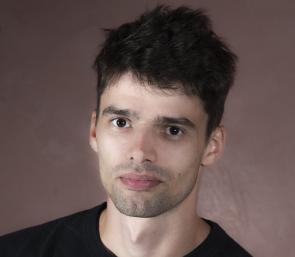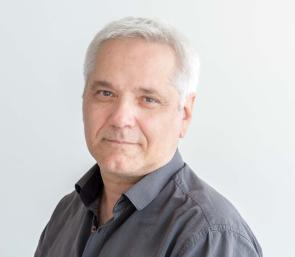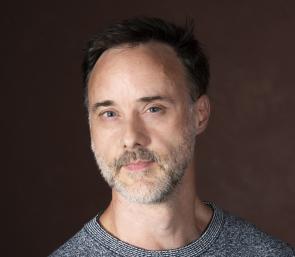
New technologies applied to composing
INFORMATIONS
-
Objectives and content
1st cycle Higher
1st year
Objective :
- Fundamentals of electroacoustic theory and
theory and tools
- Production of an electroacoustic study
- Introduction to writing in real time.
Content :
- Composition/Theory/Tools/History/Real Time 1
- Acquisition of basic knowledge
- Technical discovery enabling an approach to
solfeggio and the grammar of electroacoustic
electroacoustic field through the creation of short
works.
Year 2
Objective:
- To produce a mixed work for soloist
or chamber music and electronics or
a large-scale electroacoustic piece.
Content :
- Composition / Theory / Tools / Interaction - Real Time 2 /
CAD 2 / Analysis - Representation
- Appropriation of tools with a view to an initial
production of a concert piece
- Mixed and multichannel composition techniques
- Introduction to programming. Analysis and synthesis
synthesis.
Year 3
Objective:
Development of an individual project for a large-scale
piece for a soloist or a small instrumental ensemble
soloist or a small instrumental ensemble or a
multichannel electroacoustic piece, in line with
in accordance with the compositional programme
end of 1st cycle.
Content :
- Composition / Tools / Real time 3 / CAD 3 /
Composition and New Technologies Seminar
(fortnightly class)
- In-depth study and autonomy in the studio
- Interconnectivity between software and specificities of
computer tools
- Multi-channel space in depth.2nd advanced cycle (years 4 to 5)
Follow-up and individualisation of projects; seminar on composition and new technologies; master-classes
and guest composers.
Topics include: concert production, perpetuation of works, self-analysis, analysis of electroacoustic
electroacoustic works.
Presentation of personal work during the seminar on composition and new technologies
(preparation for the composition prize interview).
Completion of at least one project per year in agreement with the teachers:
Ensemble work with electronics (instrumental workshops) and/or interactive work, installations.
Mixed work for the Composition Prize. -
Entrance terms and conditions
This course is compulsory during the first 2 years of the 1st cycle of composition.
For students on the 2nd cycle of composition "mixed music orientation", this course is an integral part of the composition curriculum.
For students on the 2nd cycle of composition "instrumental music orientation", who have not completed their 1st cycle at the Conservatoire de Paris and who do not have the equivalent level of certificate A in new technologies, this course is compulsory and must lead to validation of certificate A at the end of the 2nd year of the 2nd cycle of composition. -
Assessment terms and conditions
At the end of the first year, final exam: Monday 25 May 2020
following a preparation session (30 min.), oral tests to validate knowledge (30
min.) and submission of new technology work.
At the end of the second year, certificate A: Monday 25 May 2020
following a preparation session (30 min.), oral tests to validate knowledge (30
min.) and submission of new technology work.
If unsuccessful, Certificate A may be retaken in Year 3.
At the end of Year 3, Certificate B: Monday 25 May 2020
following a preparatory dressing room (45 min.), oral tests to validate knowledge (45
min.) and submission of new technology work.
Results will be posted on Monday 25 May 2020 from 6pm.
The Certificate A in new technologies is compulsory to obtain the diploma of 1st cycle supérieur de
composition.
Certificate B in new technologies is required for entry to the 2nd cycle of composition.
The Certificate B in New Technologies is required for admission to the "mixed music orientation" 2nd cycle composition programme and to the IRCAM programme as part of the 2nd cycle composition programme.
(http://www.ircam.fr/cursus.html). -
Duration of studies
2 or 3 years
-
Reward
Certificate
-
Erasmus
Yes



